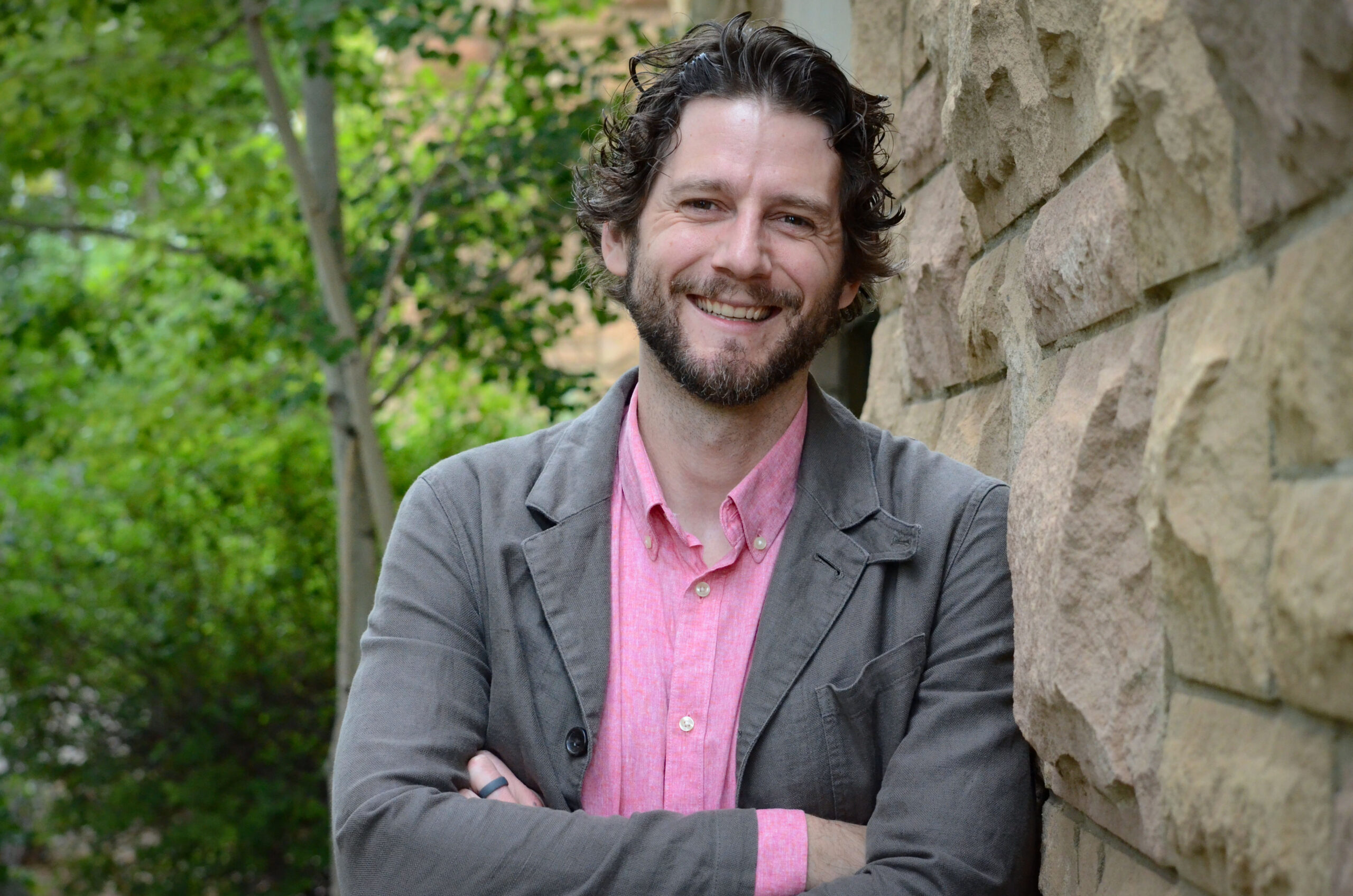This article was originally published in High Country News.
In 2020, the state of Wyoming held an oil and gas lease auction for state lands near the remote Wind River Range to raise revenue for public schools. A local conservation group, the Wyoming Outdoor Council, opposed the sale because several parcels were located in a vital wildlife migration corridor—the path of the longest mule deer migration route ever recorded. So the group did something it had never done before: It bid on several leases—not to drill, but to conserve the parcels for wildlife.
In much of the rural West, environmental groups have a reputation for suing to stop natural resource development. But some, like the Wyoming group, are attempting a new strategy: purchasing what they want to protect. The approach, sometimes called conservation leasing, could bolster “30 by 30,” the Biden administration’s ambitious conservation plan to conserve 30% of the nation’s lands and waters by 2030, without ending the leasing revenue that state governments have long derived from resource extraction.
The only problem: It’s often illegal.
The Wyoming group was the high bidder on one parcel. The state, however, promptly rejected its bid because the group did not intend to drill for oil. On both federal and state land in the Western U.S., that rule generally applies: Leaseholders must intend to drill, log, graze, or otherwise develop public land; if they don’t, their leases can be canceled.
When environmental activist Terry Tempest Williams bought federal energy leases in southern Utah in 2016 in an effort to keep fossil fuels in the ground, the Bureau of Land Management later voided her leases, citing the “diligent development requirements” of the 1920 Mineral Leasing Act. Conservation groups have also paid ranchers to relinquish their federal grazing permits to reduce wildlife-livestock conflicts, only to have the federal government reopen the bought-out allotments to other ranchers who will use them for grazing.
Not allowing environmentalists to bid means less competition and lower prices for industry bidders, creating an implicit subsidy for extractive users.
These century-old “use it or lose it” requirements were designed to deter speculation and encourage white settlement. But today, they can bias resource management in favor of extraction. In a recent article in the journal Science, we argue that these policies should be reformed in light of modern challenges and new demands. Use it or lose it rules—defined in ways that exclude conservation as a valid use—prevent environmental interests from participating in the leasing process that determines how much of the West is managed. This leaves them with few options other than litigation to deter unwanted development.
Not allowing environmentalists to bid means less competition and lower prices for industry bidders, creating an implicit subsidy for extractive users. Drilling rights have recently been sold to energy companies in critical migration corridors and prime sage grouse habitat for as little as $2 per acre. Last year, most of the tracts sold in a controversial lease auction in Alaska’s Arctic National Wildlife Refuge went for just $25 per acre. (Successful bidders pay annual rental payments and royalties on production from their leases, but at rates that generate low financial returns for taxpayers compared to states and other nations, according to the Government Accountability Office.)
Environmental groups would likely pay far more to protect ecologically important areas. On private lands, conservation organizations and local land trusts regularly pay to conserve open space by buying land outright or purchasing conservation easements, often at amounts that far exceed public-land lease revenue. And in the few areas of public land where similar transactions are allowed—either under region-specific legislation authorized by Congress or in states that permit conservation leasing on state-owned lands—environmental groups have often proven willing to acquire resource rights for conservation purposes.
These old laws need to be updated to recognize conservation as a legitimate “use” of natural resource rights. Fortunately, there is precedent for such a reform. Many Western states now allow water rights to be sold or leased for environmental uses, enabling groups like Trout Unlimited and the Audubon Society to pay farmers and other water right holders to leave water in streams to support fish and wildlife habitat.
The Biden administration could advance similar reforms for public grazing permits and energy leases. Its long-awaited review of the federal oil and gas leasing program, released last fall, recommends raising rental fees and royalty payments but offers little guidance on how to resolve conflicting demands over new or existing leases. Conservation leasing would incorporate environmental values directly into the program without undermining lease revenue, and it could encourage voluntary buyouts on the hundreds of millions of acres that are already leased for resource extraction.
Of course, this approach brings its own challenges: Annual lease rates need to be adjusted to account for lost royalties, and the concerns of resource-dependent communities have to be acknowledged and addressed. But conservation leasing represents a pragmatic alternative to litigation by honoring existing resource rights and seeking honest bargains that reflect the value of other foregone land uses.
Conservation has value, and sometimes there is more money to be gained from conserving landscapes than from developing them. It’s time for our laws and policies to recognize that.





